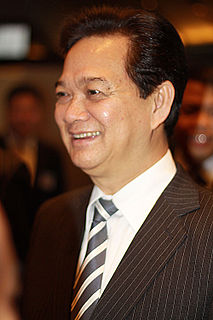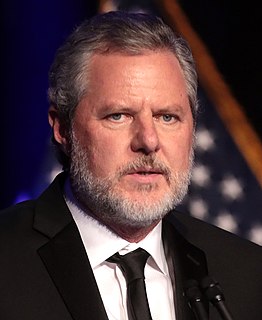A Quote by Edward Gibbon
The distinctions of personal merit and influence, so conspicuous in a republic, so feeble and obscure under a monarchy, were abolished by the despotism of the emperors; who substituted in their room a severe subordination of rank and office, from the titled slaves who were seated on the steps of the throne, to the meanest instruments of arbitrary power.
Related Quotes
When a monarchy gradually transforms itself into a republic, the executive power there preserves titles, honors, respect, and even money long after it has lost the reality of power. The English, having cut off the head of one of their kings and chased another off the throne, still go on their knees to address the successors of those princes. On the other hand, when a republic falls under one man's yoke, the ruler's demeanor remains simple, unaffected, and modest, as if he had not already been raised above everybody.
Anyone who has walked through the deserted palaces of Versailles or Vienna realise how much of a part of the life of a nation is lost when a monarchy is abolished. If buckingham palace and windsor castle were transformed into museums, if one politician competed against another for president of the republic, Britain would be a sadder and less interesting place. Our politicians are not men such as could challenge more than a thousand years of history.
It's always intrigued me that amidst the group called slaves there were individuals who were extremely able, who were extremely colorful, who were powerful personalities, who by no means fit the usual images of slaves. They were people who, through their personalities and abilities, were very respected in the community where they lived by both black and white.
At that time, 73 and 74, I became aware that there were a number of us making instruments. Max Eastley was a good friend and he was making instruments, Paul Burwell and I were making instruments, Evan Parker was making instruments, and we knew Hugh Davies, who was a real pioneer of these amplified instruments.
People think they have taken quite an extraordinarily bold step forward when they have rid themselves of belief in hereditary monarchy and swear by the democratic republic. In reality, however, the state is nothing but a machine for the oppression of one class by another, and indeed in the democratic republic no less than in the monarchy.





































